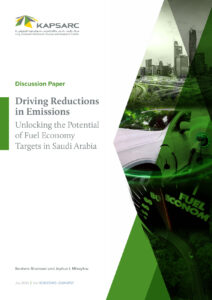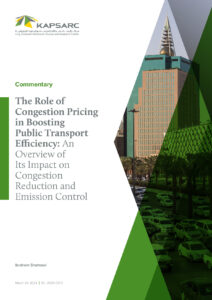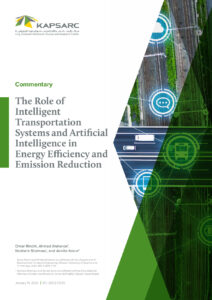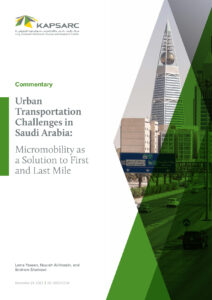
Driving Reductions in Emissions: Unlocking the Potential of Fuel Economy Targets in Saudi Arabia
The adoption of more stringent fuel economy standards represents a pivotal pathway toward achieving net zero emissions in the transportation sector. By steadily increasing the fuel efficiency of vehicles, this approach drives a gradual but consistent decline in emissions. When coupled with the simultaneous integration of electric and alternative fuel vehicles into the market, the goal of net zero emissions becomes increasingly feasible.
1st July 2024


